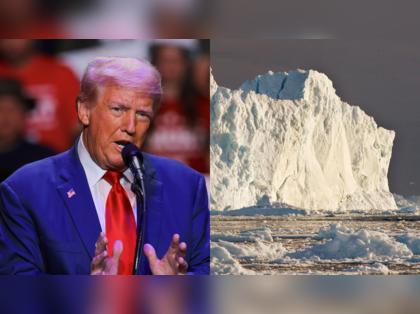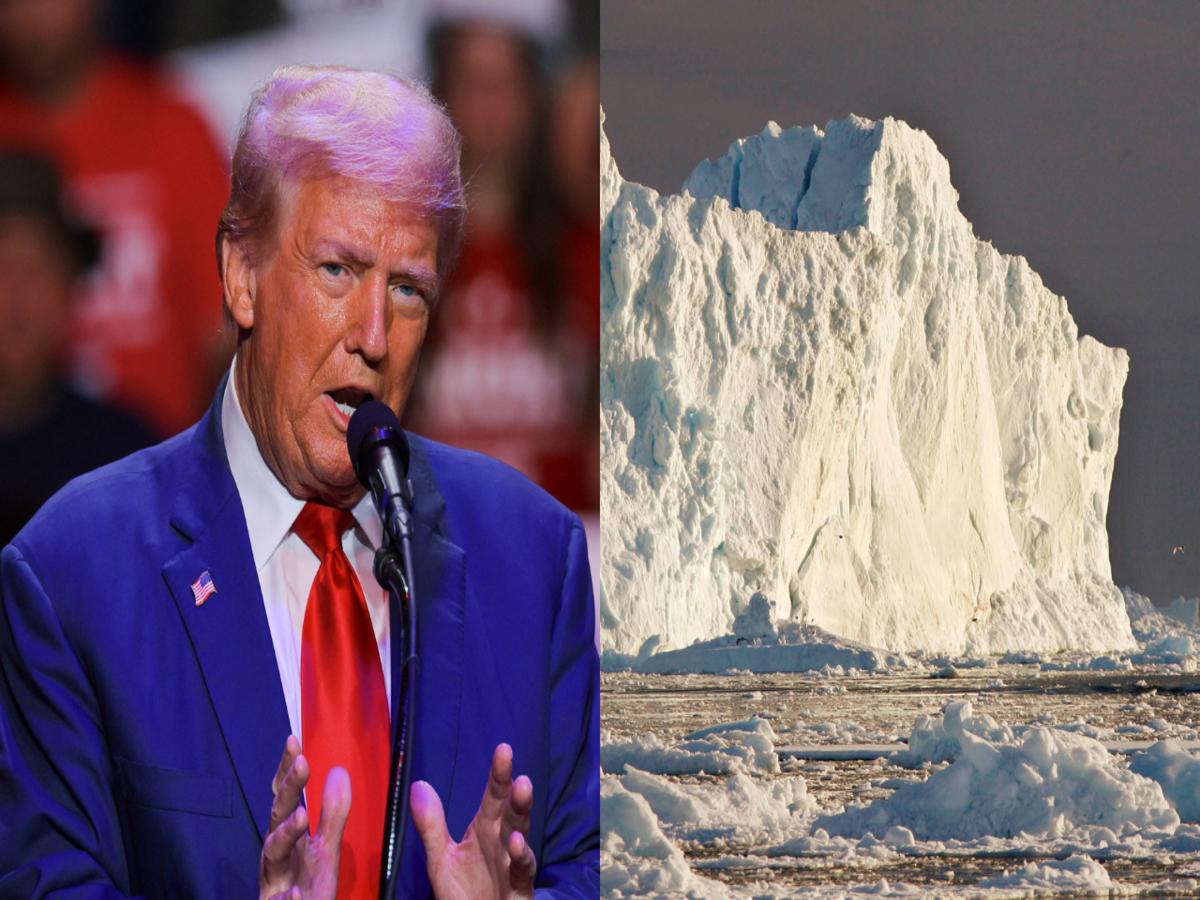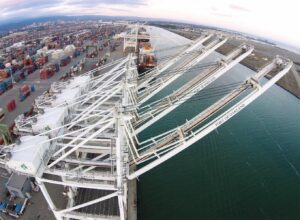In the realm of geopolitical chess, where territorial ambitions often blur the lines between diplomatic discourse and audacious speculation, former U.S. President Donald Trump has once again thrust an unexpected proposition into the global spotlight. With the Arctic’s strategic landscape as his backdrop, Trump declares the acquisition of Greenland not merely a possibility, but an “absolute necessity” for American interests—a statement that echoes historical precedents of territorial expansion while challenging contemporary diplomatic norms. In a bold and controversial statement that echoes historical territorial ambitions, former President Donald Trump has reignited discussions about Greenland’s potential strategic importance to the United States. His assertion of ownership goes beyond mere political rhetoric, positioning the massive Arctic island as a critical geopolitical asset.
The massive landmass, predominantly covered in ice, represents more than just a geographical curiosity. Trump’s perspective frames Greenland as a potential game-changer in global strategic positioning, particularly in an era of increasing international tensions and resource competition.
Strategically located between North America and Europe, Greenland offers unprecedented military advantages. Its geographical positioning provides critical surveillance capabilities and potential forward operating bases that could significantly enhance national defense infrastructure. The island’s proximity to the Arctic region makes it an invaluable chess piece in emerging global power dynamics.
Economically, Greenland harbors untapped mineral resources and rare earth elements crucial for modern technological industries. Rare metals essential for electronics, renewable energy technologies, and advanced manufacturing are embedded within its frozen terrain, representing substantial economic potential that extends far beyond traditional resource extraction.
Climate change has further amplified Greenland’s significance, with melting ice revealing previously inaccessible territories and potential shipping routes. The Northwest Passage, increasingly navigable due to rising temperatures, could revolutionize maritime trade and transportation strategies.
International reactions to Trump’s proclamation have been mixed, ranging from diplomatic skepticism to outright dismissal. Denmark, which currently maintains sovereignty over Greenland, has historically rejected similar propositions with diplomatic firmness.
Indigenous Greenlandic populations, who have inhabited the region for thousands of years, remain a critical consideration in any potential territorial discussions. Their cultural sovereignty and self-determination represent complex geopolitical and ethical dimensions that cannot be overlooked.
The concept of purchasing or acquiring Greenland isn’t entirely unprecedented. Historical precedents like the United States’ acquisition of Alaska from Russia in 1867 provide contextual backdrop to such ambitious territorial aspirations.
Trump’s statement, while controversial, underscores broader conversations about global territorial dynamics, resource competition, and strategic geographical positioning. It challenges traditional diplomatic norms and reframes discussions about national expansion in the 21st century.
Whether viewed as provocative geopolitical posturing or a serious strategic proposal, the assertion demands serious examination of Greenland’s multifaceted significance in contemporary global contexts.





